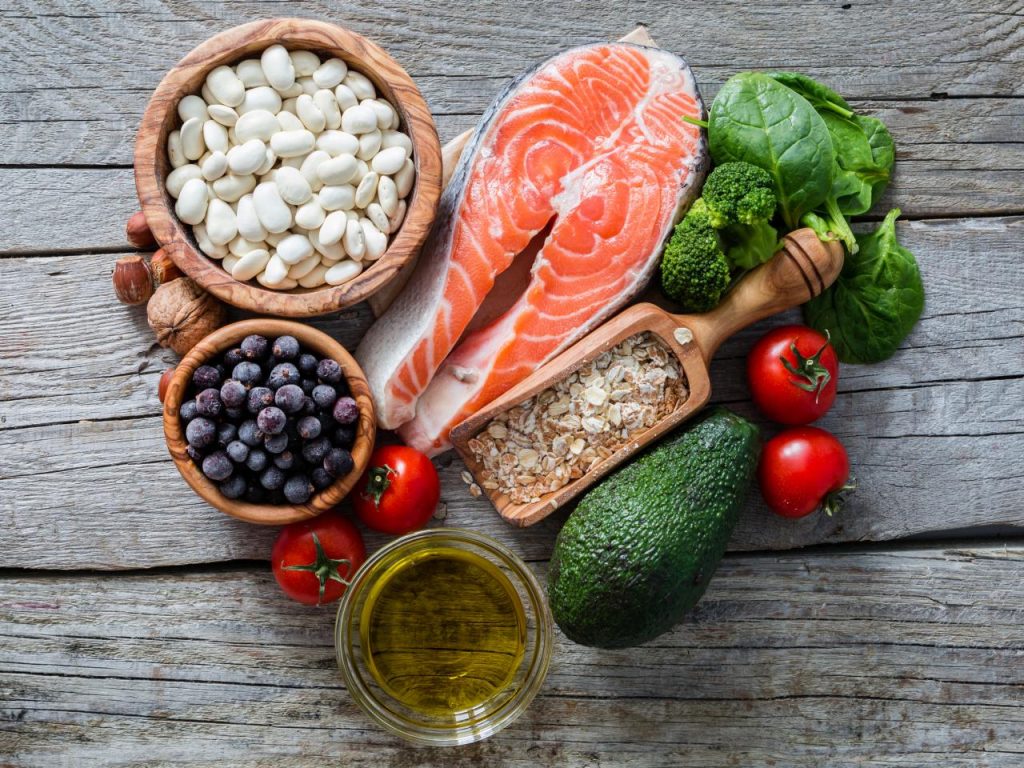
If you are into healthy lifestyle or have a frequent doctors appointment, then you might notice that the one thing these doctors and health specialists keep prescribing you is to have a health and balanced diet, this is also true for one of the very famous internal medicine specialist Dr diana Badescu who also recommends you to have a healthy diet that will address and supplement your body’s needs, however, for all that talk about a healthy and nutritious diet, do you really know what happens to your body when you eat these certain foods in a certain amount? Well, let’s find out!
Digestive Heath and the Absorption of Nutrients
The biggest reason why you should do this is that a nutrient-dense and well-balanced diet is essential for appropriate digestion and absorption so the foods that are fiber-rich like fruits and vegetables will help support good digestion by making your bowel movements smoother and thereby reducing constipation, in any case though, nutrients such as vitamins and minerals are required for many biological activities, including metabolism, immune system function, and tissue repair.
Metabolism and Energy Levels
Additionally, because it helps with your digestive health, a balanced diet also gives you the essential fuel to keep energy levels stable throughout the day– carbs are the body’s major source of energy, and eating complex carbs like whole grains and legumes provides a consistent flow of energy while eating proteins and fat rich foods will also help with energy generation and are required for muscle repair and development.

A balanced diet also promotes a healthy metabolism, which is the mechanism by which the body transforms food into energy– that said nutrients such as B vitamins play an important role in metabolism where they will be converting food into useable energy and regulating metabolic processes.
Weight Managment and Body Composition
For those that are conscious of their bodies and to fellow gym goers, consuming adequate protein can aid in muscle maintenance and repair, contributing to a healthy body composition, now if you want this, you should also limit the intake of processed foods, sugary beverages, and high-fat snacks can also support weight management efforts. A good thing we recommend is going to a nutritionist to see what foods your body needs because they will make a meal plan that is tailored to your body so you can achieve your goals!

Heart Health and Disease Prevention
A diet high in fruits, vegetables, whole grains, and lean meats can help reduce your risk of heart disease and other cardiovascular problems because these meals have minimal amounts of saturated and trans fats, cholesterol, and salt– all of which can contribute to high blood pressure, high cholesterol, and inflammation, you can also consider eating foods that are rich in omega-3 fatty acids like fish, nuts, and seeds because these will help lower inflammation and enhance heart health.
Conclusion
Overall, having and sticking to a healthy diet will bring you more good and postive effects than you might expect so maybe you should strat adapting one today!






